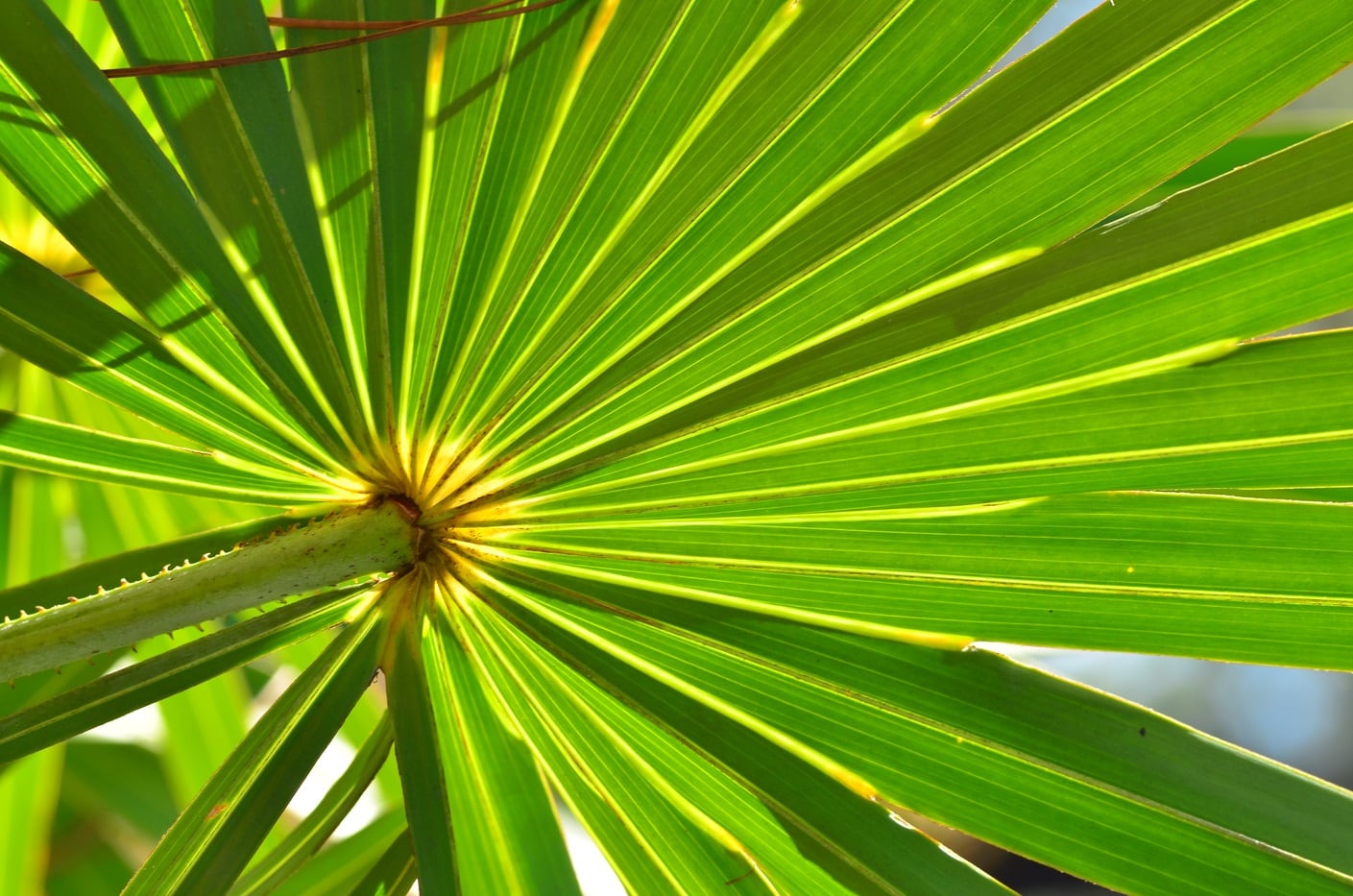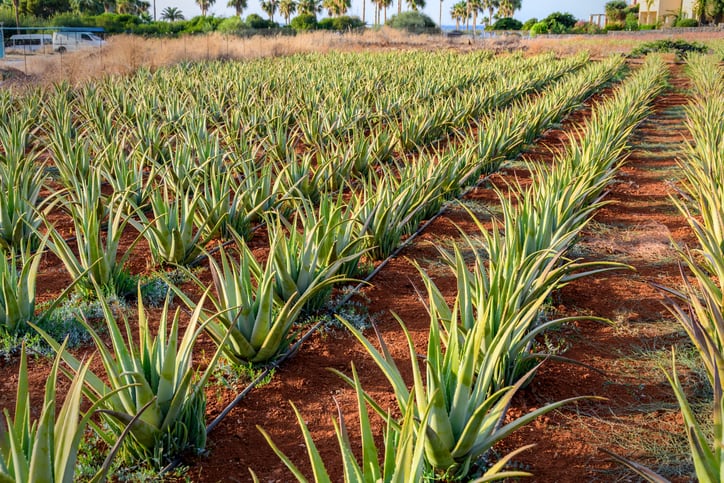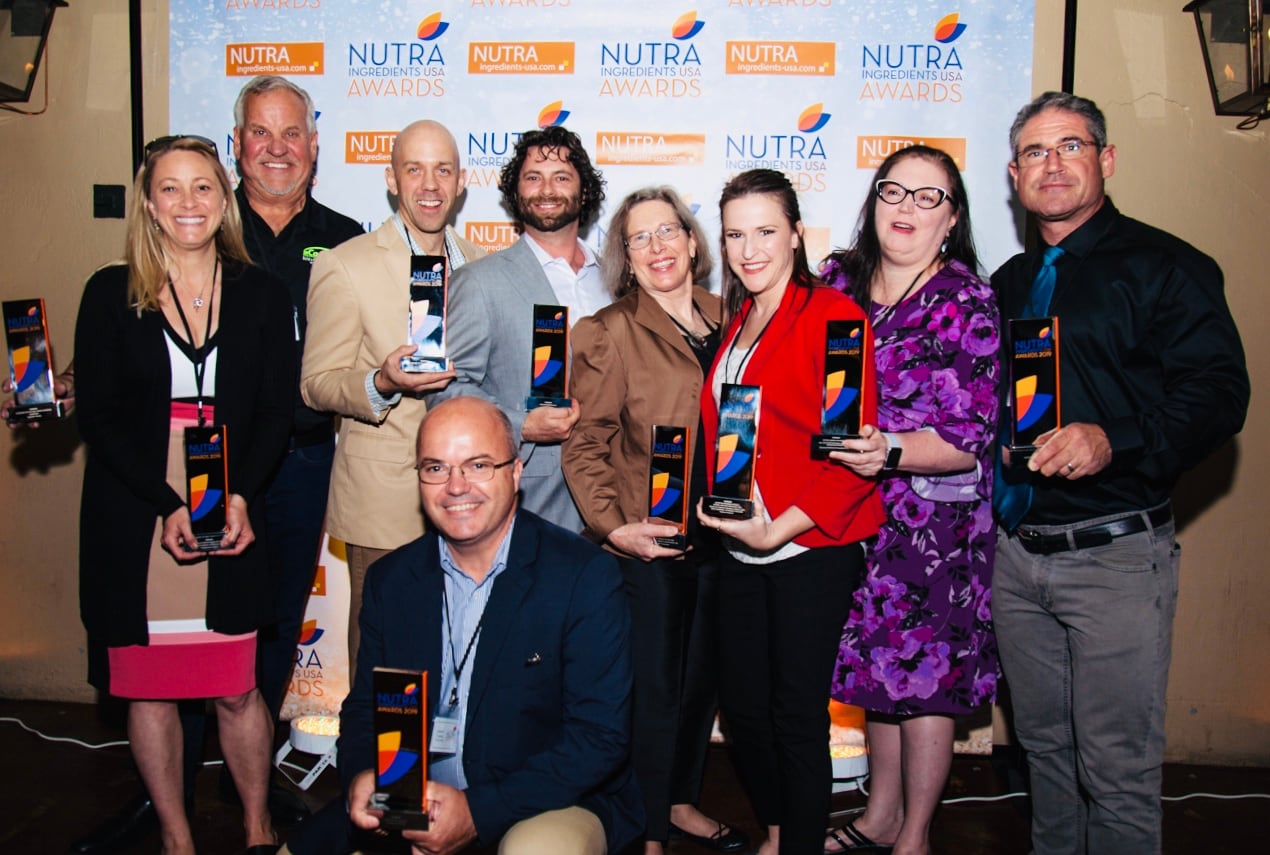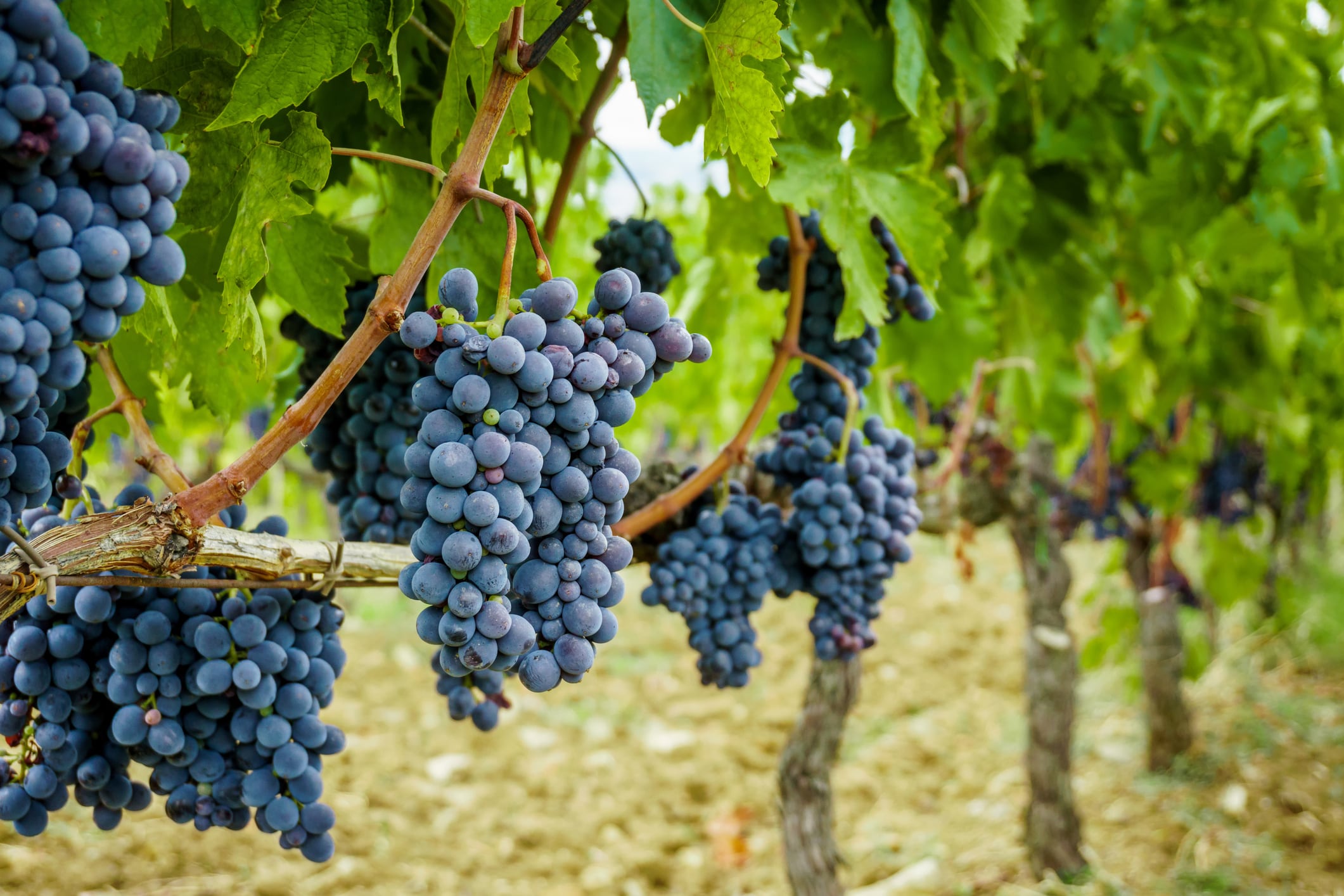Extracts from the berries of saw palmetto (Serenoa repens) are reported to improve symptoms related to benign prostatic hyperplasia (BPH) in human clinical trials, and dietary supplement products containing saw palmetto berries and/or their extracts are among the top-selling botanical dietary supplements in the United States — ranking 11th in the mainstream market (supermarkets, drug stores, grocery stores, etc.) and 14th in the natural foods channel with a combined $35 million in sales for both channels, according to the latest HerbalGram Herb Market Report for 2018.
However, poor harvests over the past several years, coupled with a possible impact from new permitting requirements by the Florida Department of Agriculture and Consumer Services, has led to demand outstripping supply. As a result, prices increased substantially in 2018, and adulteration has become more commonplace.
The LGP notes that admixture or substitution with berries from related species of the palm family, such as dwarf palmetto (Sabal minor), queen palm (Syagrus romanzoffiana), and Everglades palm (Acoelorrhaphe wrightii) appears to be rare. More common is the substitution or dilution of saw palmetto extracts with vegetable oils or designer fatty acid blends from plant or animal sources to attempt to mimic saw palmetto’s fatty acid composition.
Analytical methods
The new LGP on Saw palmetto was authored by Stefan Gafner, PhD, chief science officer of the American Botanical Council (ABC) and technical director of BAPP, and it reviews 34 analytical methods.
“Complete substitution of saw palmetto with vegetable oils is readily detected by organoleptic and chemical assays,” said Dr Gafner. “However, fraudulent suppliers have become increasingly sophisticated in producing low-cost materials that are chemically similar to authentic saw palmetto. Therefore, a set of methods is now needed to determine if an extract labeled to be saw palmetto is actually authentic.”
The LGD evaluates the usefulness of the 34 published analytical methods to detect saw palmetto berry and berry extract adulteration, and summarizes the main advantages and disadvantages of each method regarding suitability for use in a quality control laboratory.
In addition, the document details the chemical composition of saw palmetto and many of the known adulterants. The saw palmetto LGD was peer-reviewed by 25 experts from third-party contract analytical laboratories, nonprofit scientific organizations, and the herbal industry, and follows the publication of version 3 of the Saw Palmetto Botanical Adulterants Prevention Bulletin by BAPP in October 2018.
Mark Blumenthal, ABC founder and executive director and BAPP founder and director, commented: “There appears to be no depth to how low some fraudsters in the global botanical extract market are willing to go to make an illicit profit. For years we’ve known that some unethical ingredient suppliers have been selling fraudulent ‘saw palmetto’ extracts containing lower-cost oils from other plants.
“And recently, reports have been published in reputable medicinal plant journals that fraudsters have begun to add fatty acids produced from animal fats to so-called ‘saw palmetto’ extracts. This is not only unfair to consumers but also to the reputable companies that produce and market authentic, reliable saw palmetto ingredients and products made from them.”
The ABC-AHP-NCNPR Botanical Adulterants Program
The saw palmetto LGD is the ninth publication in the series of LGDs and the 53rd peer-reviewed publication published by BAPP.
BAPP, which was awarded the NutraIngredients-USA 2019 Award for Industry Initiative of the Year at the NutraIngredients-USA Awards, is an international consortium of nonprofit professional organizations, analytical laboratories, research centers, industry trade associations, industry members, and other parties with interest in herbs and medicinal plants. The program advises industry, researchers, health professionals, government agencies, the media, and the public about the various issues related to adulterated botanical ingredients sold in commerce. To date, more than 200 United States and international parties have financially supported or otherwise endorsed the program.
Source: ABC-AHP-NCNPR Botanical Adulterants Prevention Program
Accessed September 10, 2019
Saw Palmetto Extract Laboratory Guidance Document
Author: S. Gafner





